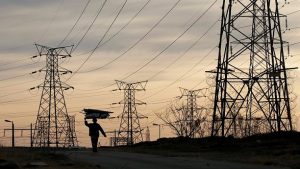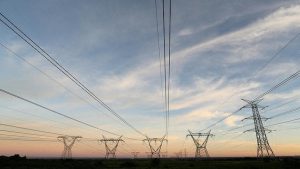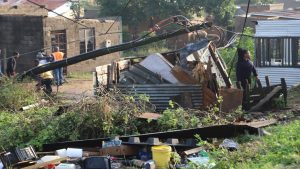A United Nations human rights expert wants to submit evidence in a lawsuit against the South African government over its alleged failure to address long-term air pollution linked to burning coal, court papers show.
If the High Court allows David Boyd, UN special rapporteur on human rights and the environment, to do so at a hearing later this month, it could bolster a case aiming to force the government to curb emissions.
Environmental activists filed the lawsuit last year to try to improve air quality in an area with a dozen coal power stations run by state utility Eskom, as well as plants operated by petrochemicals firm Sasol.
“There is no doubt that air pollution is the deadliest environmental problem in the world today, causing millions of deaths annually,” Boyd said in his affidavit, filed with the High Court in Pretoria and seen by Reuters.
“States have clear obligations under international human rights law to protect the enjoyment of human rights from environmental harm.”
Africa’s most industrialised economy is a major emitter of pollutants that can cause illnesses from asthma to cancer.
The environment ministry acknowledged a request for comment but did not immediately respond.
It said last year that there were “air quality challenges” in the so-called Highveld Priority Area, which covers some 30 000 sq km east of the commercial capital Johannesburg, which it was trying to address.
Eskom declined to comment. Sasol, which makes liquid fuel from coal among other activities, said it disputed the activists’ claim that its emissions cause deaths.
Eskom, which is roughly R450 billion in debt partly owing to overspending on two massive coal-fired stations, has said it could take two decades to install all the technology needed to meet stricter emissions rules that were due to come into force in April. It has asked to postpone compliance.
Boyd asked the court to accept submissions on South Africa’s international obligations to promote a healthy environment and on the impact of air pollution on human rights. He cites evidence showing air pollution disproportionately harms poor communities.






